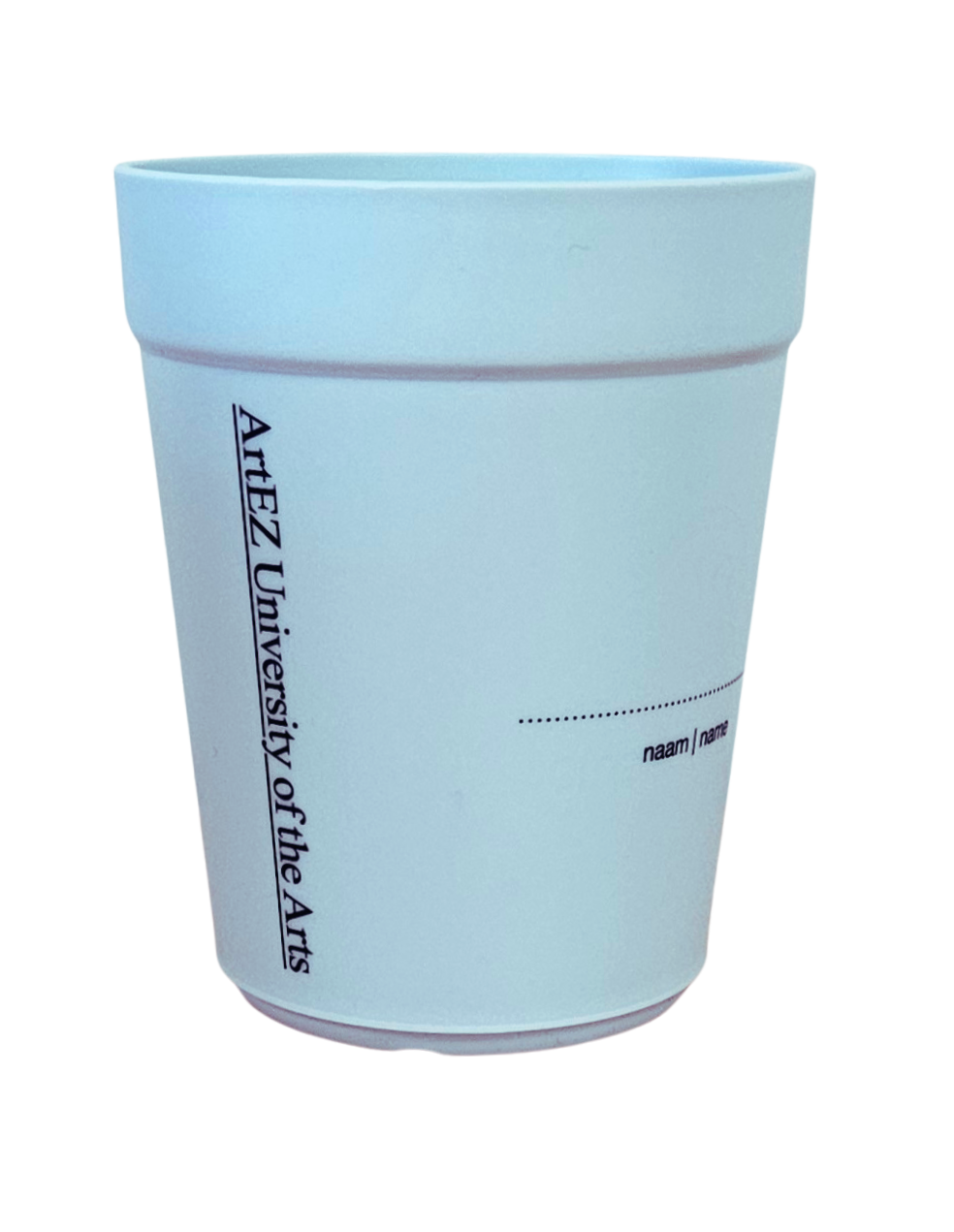Sustainability at ArtEZ
Taking social responsibility comes naturally to ArtEZ, an educational institution with quality and innovation as its core values. ArtEZ's mission statement explicitly describes one of our greatest ambitions as: empowering our students to use their future artistic careers to make an impact on society.

In the realm of social and societal developments, ArtEZ aims to be a leader, inspiring other institutions, employees, and students to do the same. Sustainability and social impact are integrated into many of our study programs.
Sustainable Development Goals
The impact can be small or big, expressed in quantitative or qualitative terms. ArtEZ supports the United Nations' Sustainable Development Goals, a sustainability compass that include objectives to address challenges such as poverty, education, and climate change. ArtEZ focuses on SDGs 4 (quality education), 10 (reduced inequalities), 12 (responsible consumption and production), 13 (climate action), and 16 (peace, justice, and strong institutions).
Our various organizational units elaborate on the goals that are relevant to them in their multi-year plans. The impact can also serve as a measure to assess these goals critically. In addition to the institute-wide efforts, all Academies and programs, each in their own way, contribute to working towards the SDGs.
Our initiatives
We uphold our social responsibility according to the following key pillars:
